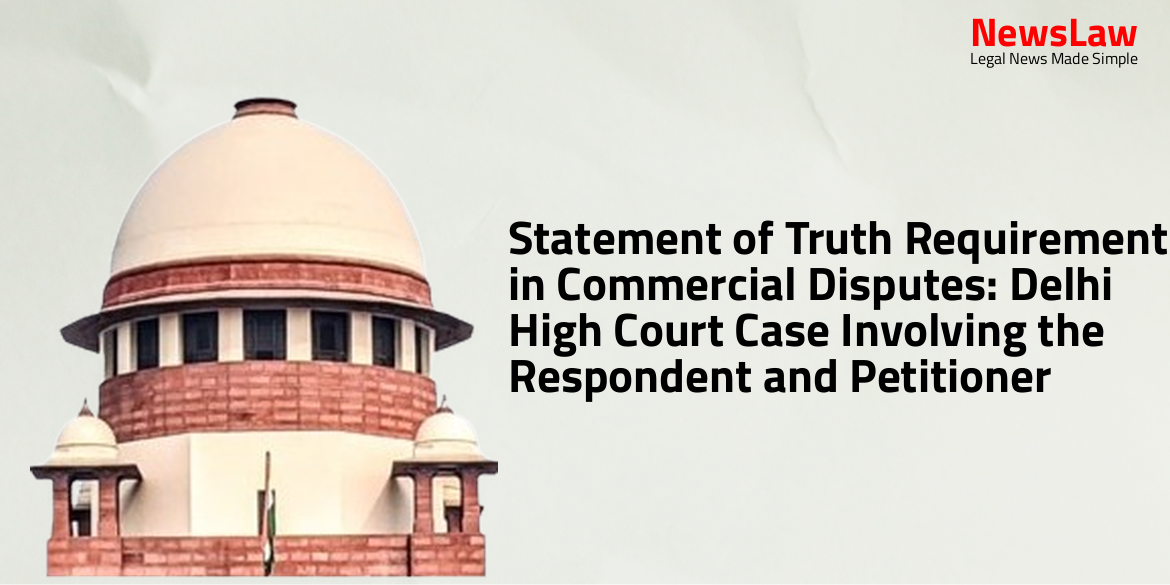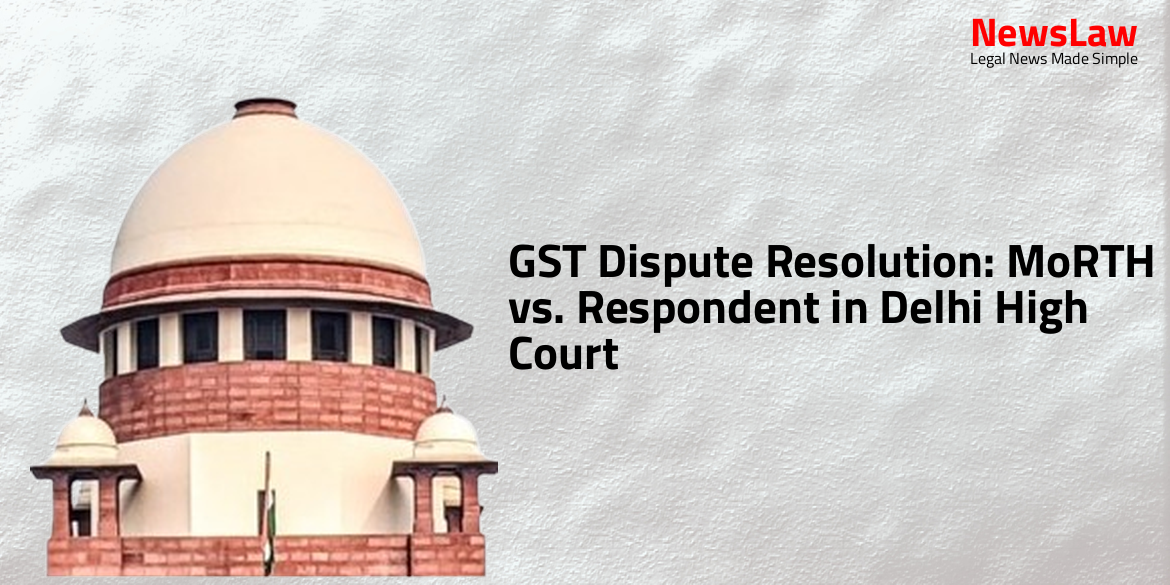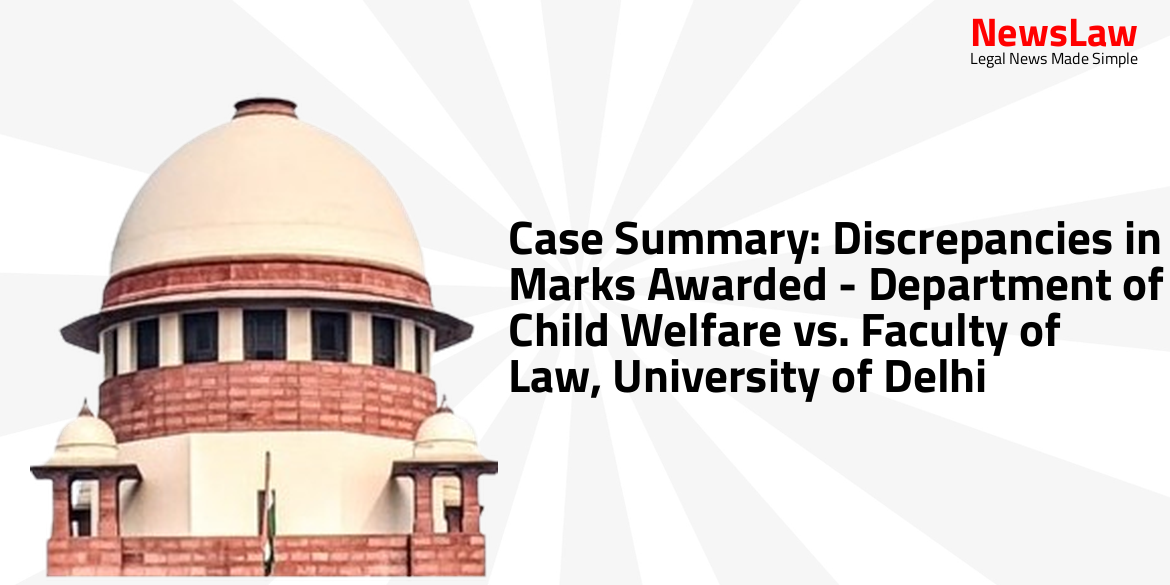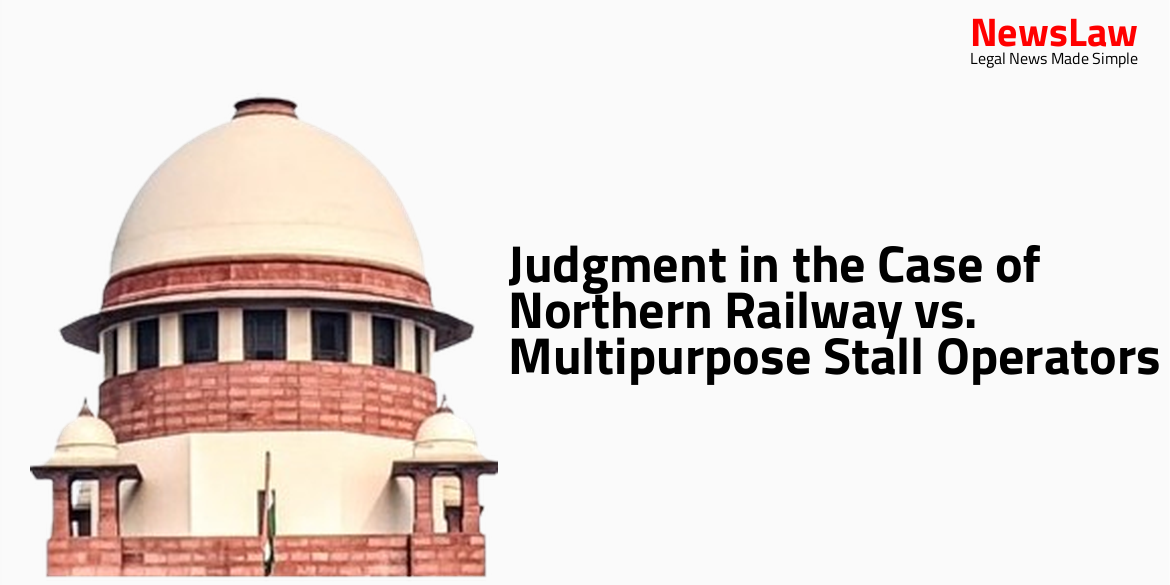In a recent decision by the Delhi High Court, the requirement for filing a Statement of Truth in commercial disputes was emphasized in a case involving the Respondent and Petitioner. The court’s ruling sheds light on the importance of strict compliance with verification mandates in legal proceedings, highlighting the significance of authenticating statements under oath. Discover how this case sets a precedent for future litigation involving verification of pleadings.
Arguments
- The petitioner’s counsel argued that the Trial Court neglected the mandatory provisions of CPC by allowing the respondent to file a new Statement of Truth without due process.
- The respondent claimed the error was typographical, yet made substantial changes in paragraph 3 of the new Statement of Truth, which was accepted by the Trial Court at a late stage.
- The petitioner’s request to strike out the modified pleadings was denied, leading to prejudice as the respondent now has to rely on them.
- The verification in paragraph 3 of the Statement of Truth does not align with the contents of the plaint, indicating that the respondent falsely claimed legal advice for paragraphs 16 to 23, which actually describe past transactions only known to the respondent.
- Strict compliance with the verification mandate is crucial.
- The hyper-technical approach chosen by the petitioner may lead to trial delays.
- Judgments cited by learned counsel for the respondent support the importance of verification in pleadings.
- The Commercial Courts Act, 2015 amended the CPC to include verification of pleadings by affidavit.
- Verification ensures authentication of statements under oath, making them admissible as evidence.
- Failure to verify pleadings can result in the court rejecting them or requiring rectification.
- Any amendments to pleadings must also be verified to maintain legal validity.
Analysis
- In cases where a fresh suit is filed with inherent defects, it is considered nonest.
- Formal defects can be rectified in the filing of a fresh suit.
- The filing of the Statement of Truth and its limitation period is restrictive and cannot be extended endlessly.
- Plaint and documents cannot be considered in evidence if the Statement of Truth is not filed.
- Court has the power to strike out pleadings not supported by the CPC as amended by CC Act.
- Incomplete verification of paragraphs led to striking off of documents in the present case.
- Filing a Statement of Truth is made mandatory for verification of pleadings in a commercial dispute.
- Failure to verify pleadings in the prescribed manner will result in not being able to rely on the pleading as evidence.
- The court has the authority to strike out a pleading that is not verified by a Statement of Truth.
- Legislature emphasized the filing of Statement of Truth with the plaint
- Intention was to reduce time spent in litigation by parties
- The submission by the petitioner that only paragraphs 1 to 23 of the plaint should be considered is without merit.
- The defect in the Statement of Truth was rectified by the respondent on the same day in court.
- The complete Statement of Truth was filed and provided to the petitioner.
- The Trial Court denied the petitioner’s request and dismissed the application.
- The defects in verification of paragraphs 24 to 38 are considered curable.
Decision
- The present petition and pending application are dismissed.
- Other judgments cited are distinguishable based on their own facts.
Case Title: DECCAN EDIBLES PRIVATE LIMITED Vs. S P J CARGO PRIVATE LIMITED (2024:DHC:4111)
Case Number: CM(M)-216/2024



